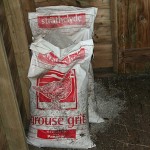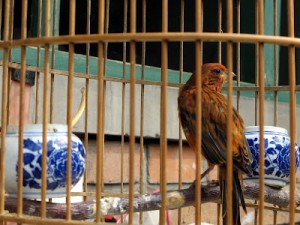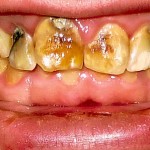Spring is the season symbolizing life and rebirth. This is a time when the flowers bloom, the birds start to sing, and when we can finally save some money by turning off the furnace. However, for many people, this is also the time of year when their troubles begin.
Springtime is when the majority of allergy patients experience symptoms such as coughing, itchy-eyes, runny-noses, and more. These symptoms are a response to our immune system fighting off allergens. Our immune system recognizes foreign objects, called antigens, in the body and react to them by producing specific antibodies, or immunoglobulin. These antibodies will attach to antigens to help destroy them. However, sometimes we develop antibodies that attach to harmless antigens, such as cat dander or pollen, and we become sensitized to these allergens and develop allergic reactions.
According to the Environment Canada weather data, the temperature in British Columbia has been on the rise. The Intergovernmental Panel for Climate Change reported that the temperature has increased by more than 0.13 degrees Celsius per decade, from 1956 to 2005. With an increase in temperature, this means that winter ends sooner, while spring starts earlier. The earlier spring allows plants to pollinate earlier than usual. Furthermore, the hotter temperatures will cause plants to release more pollen in a shorter period of time, creating an intense season where the air is saturated with pollen.
On the other hand, the pollen is released in a shorter period of time, which means a shorter time of suffering for allergy patients. Also, some allergy patients may be affected less in the warmer weather. A warmer winter means less mold in the spring, and this would be better for patients with affected by mold allergens.
Overall, I believe that it is better to have less intense allergic reactions over a longer period of time, than having severe reactions over a shorter season. To all the allergy patients out there, which would you prefer? Maybe you will make your decision while you enjoy The Allergy Song, from TheWigglesPtyLtd:

References:
Warm Winter Could Create Allergy Woes
Warmer Weather in B.C. Threatens Waterfront, Forests







